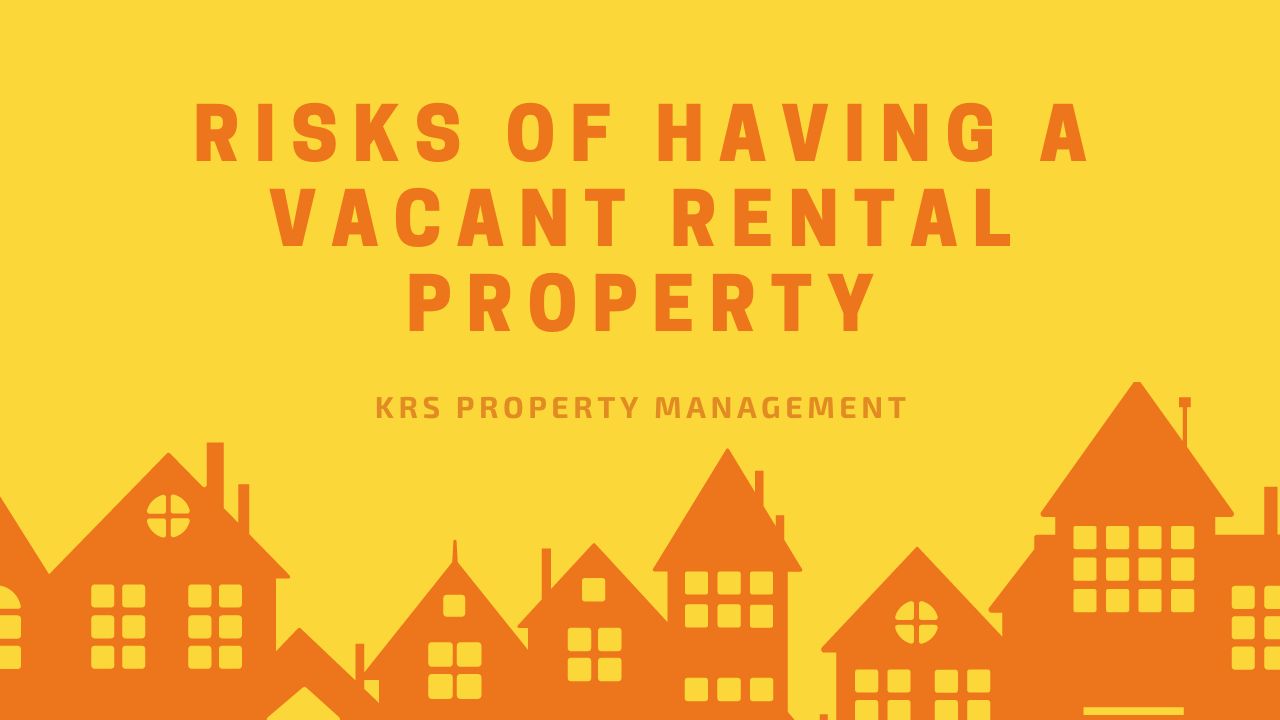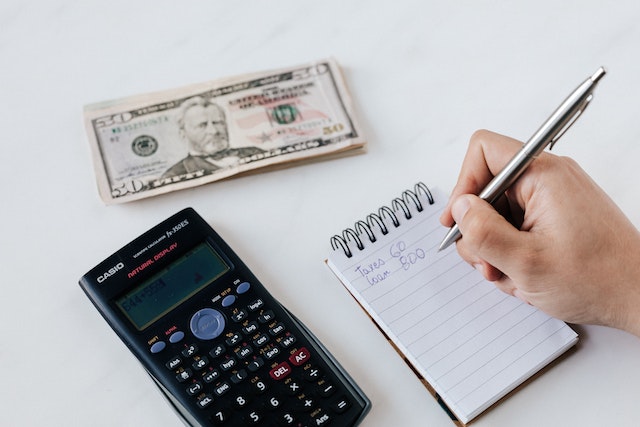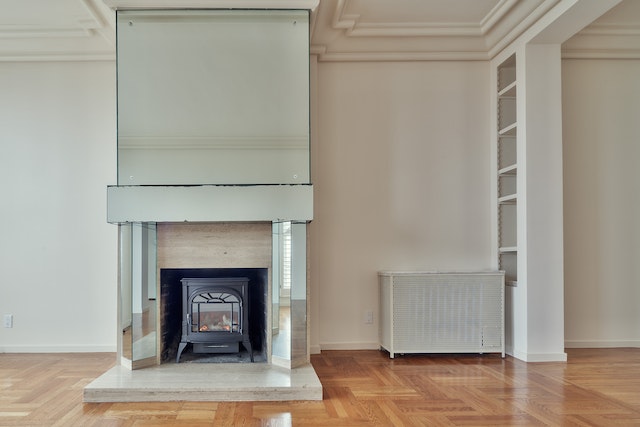
A vacant rental property refers to a property that is unoccupied and does not have any tenants leasing it. While it may seem temporary, the risks of a long-term vacancy should not be underestimated.
Understanding the potential risks and challenges of having a vacant rental property is important. Not only can vacancies lead to high costs for maintenance, repairs, and marketing, but they can also be incredibly risky when it comes to liabilities like tenant disputes or legal issues.
In this article, we will explore the risks of having a vacant rental property and shed light on ways to protect your property.
Financial Risks
Having a vacant rental property is associated with several financial risks. Including the following:
Loss of Rental Income
One major risk is the loss of rental income. When you have an empty rental, you no longer receive rent payments from tenants. This can significantly affect your bottom line, especially if the vacancy lasts more than six months.
Ongoing Expenses Without Rental Revenue
There are also costs associated with an empty rental property. Ongoing expenses such as utilities, taxes, maintenance, and insurance premiums continue even without renters. If the vacancy lasts several months or longer, these costs can quickly increase and start eating into your profits.

Potential Increase in Property Taxes and Insurance Premiums
Property taxes and insurance premiums may also increase due to having a vacant rental property. Since you won't be able to prove that your property is being actively used, the property's value may decrease in the eyes of insurers and tax assessors. This could lead to higher premiums or increased taxes for property owners.
Security and Liability Concerns
There are several kinds of liabilities associated with vacancies including:
Higher Risk of Theft and Vandalism
Vacant properties are more susceptible to theft and vandalism. It's important to consider the security of your property if it's vacant and take any necessary steps such as hiring a security firm or adding locks to ensure that you are protected.
Increased Liability for Accidents and Injuries On the Property
A vacant rental property can also increase your liability risk if someone is injured while on the premises. Landlords are responsible for ensuring that reasonable steps have been taken to make the property safe and secure, so you must take all necessary precautions before leaving a property empty.
Legal Obligations to Maintain a Safe Environment
As a landlord, you are legally obligated to keep your rental property safe and habitable for tenants. This means that even if the property is vacant, you are still responsible for maintaining it according to local laws. This includes ensuring that any fire safety code requirements or other building regulations are met.

Property Deterioration
Due to a lack of proper maintenance, the property may deteriorate over time. Consider the following risk:
Increased Risk of Property Damage
Without regularly scheduled inspections and upkeep, the building materials can become damaged by weather conditions such as heavy winds, rain, and hail. The property's paint could also begin to chip, making it more vulnerable to damage from the elements.
Furthermore, there is also an increased risk of the property's value decreasing. Repairs and maintenance are expensive, so an owner may opt not to do them due to financial constraints. Unfortunately, this means that the property's overall condition will decline over time, which could decrease the property’s value.
Higher Likelihood of Pest Infestation and Mold Growth
When a property remains vacant for an extended period, it’s more likely to experience pest infestation and mold growth. This could cause further damage to the property and health risks if left untreated. Pests can also be dangerous if they spread into neighboring properties or buildings. Additionally, mold can cause respiratory issues and other health problems for tenants if not properly addressed.
Potential for Unauthorized Use or Squatting
Another risk associated with a vacant rental property is the potential for unauthorized use or squatting. Squatters often move into abandoned properties without permission and remain there to avoid paying rent. This can be an extremely difficult situation for an owner to handle as it may require legal action to remove them from the property.

Additionally, if the squatter causes any damages to the property, it may also be necessary to file a claim to cover those costs. As such, owners of vacant rental properties must be aware of possible squatters and take measures to protect their property from unauthorized use.
Key Strategies to Protect and Maintain Your Rental Property
Try to maintain your property and reduce the likelihood of vacancy periods. A few things you can do include:
- Keeping up with regular inspections to ensure that all systems in a rental unit are working properly and that any maintenance needs are addressed promptly.
- Effectively advertising the unit and screening tenants. Take the time to post listings on rental sites, create attractive listings, and conduct thorough background checks on all potential tenants before accepting them.
- Implementing security measures such as alarms, cameras, and proper lighting to help reduce the risk of theft or vandalism while the unit is vacant.
- Partnering with property management companies so they can efficiently handle tenant issues and make sure the property stays well-maintained even when it's unoccupied.
Bottom Line
Vacant rental properties come with unique risks that can be difficult for property owners to manage on their own. However, by understanding the potential issues they may face and taking proactive steps to reduce them, owners can help minimize any negative effects vaccines have on their property.
From conducting regular inspections and maintenance to implementing security systems, landlords can use many strategies to protect their rental property from potential damage. With the right approach, you can increase your chances of avoiding costly problems while ensuring a successful and profitable rental experience.
If you're looking for professional assistance in managing and maintaining your rental property, KRS Property Management can help. Contact us today to learn more about our services!






